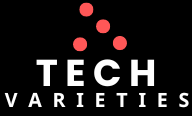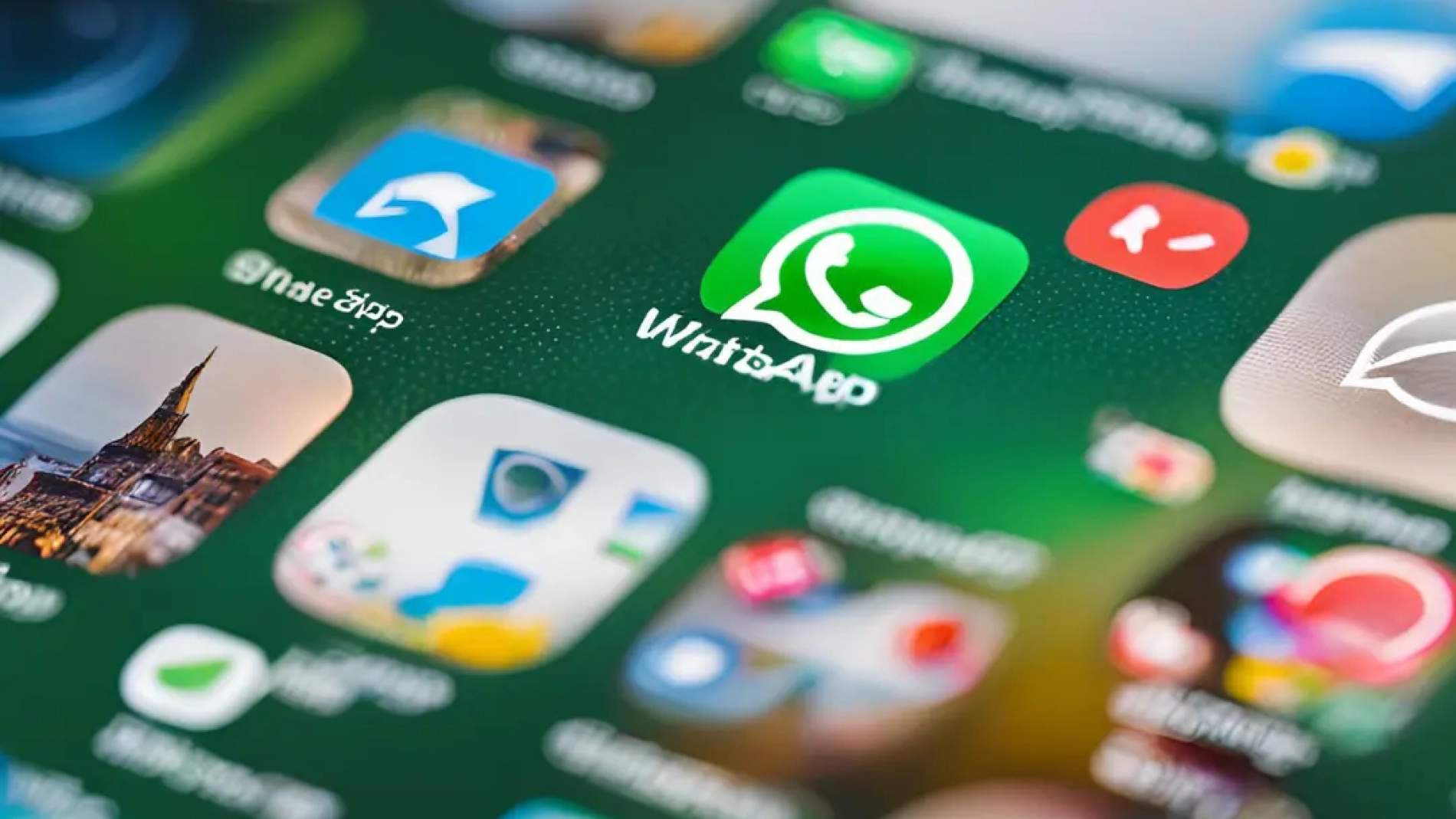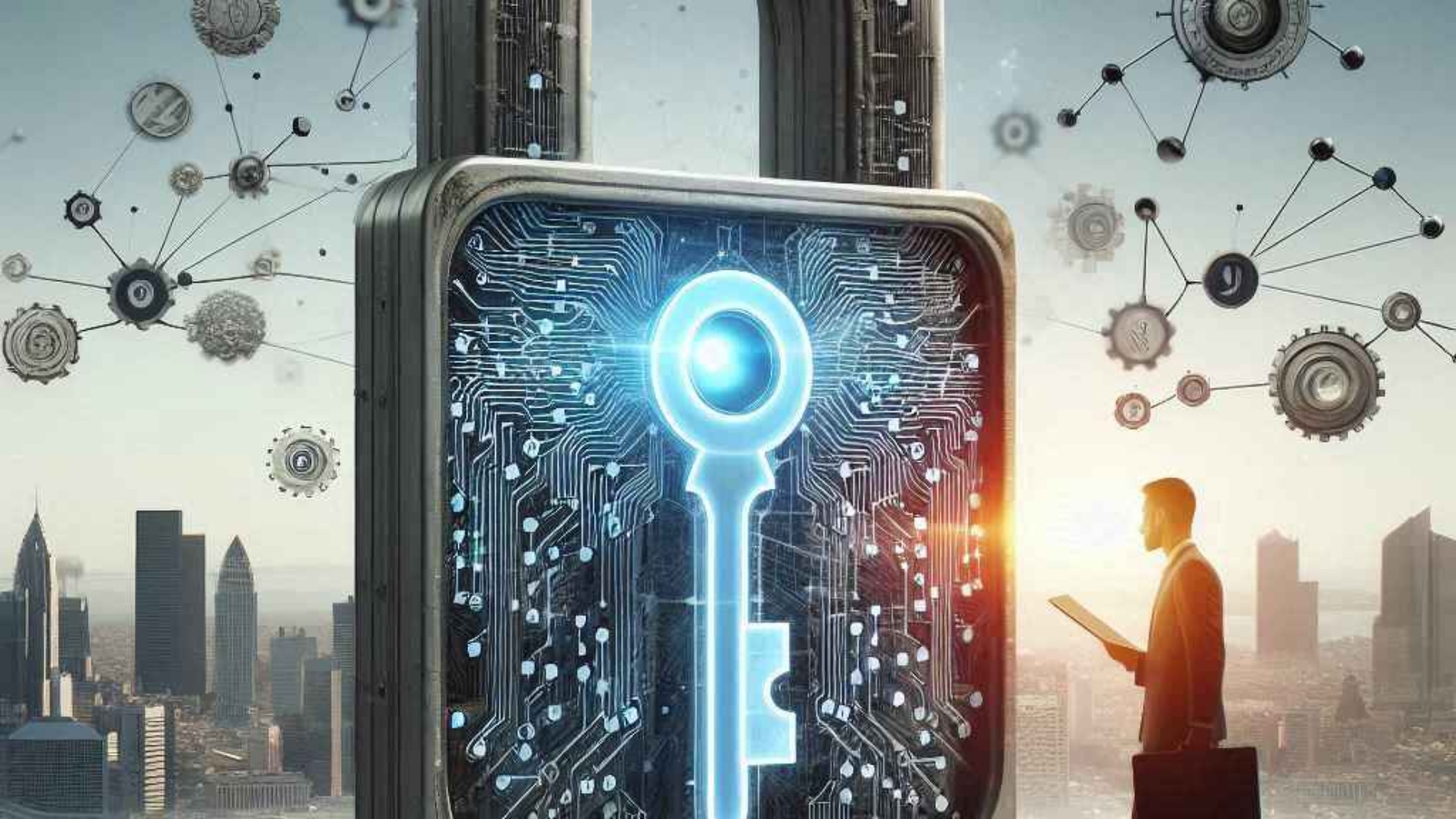OPay, a rapidly growing fintech company, has made significant strides in the digital financial services sector, not just in Nigeria but also on a global scale. As OPay continues to expand its reach, it has established various physical offices to manage its operations effectively. Here’s a detailed look at OPay’s physical offices, the leadership team, and the company’s current CEO in Nigeria.
OPay Offices in Nigeria
In Nigeria, OPay has strategically positioned its offices in key locations to cater to its vast user base and manage its diverse service offerings. Some of the major physical offices include:
- Lagos Headquarters:
- Location: Victoria Island, Lagos
- Purpose: This is the central hub for OPay’s operations in Nigeria, overseeing everything from mobile payment services to the management of OPay’s various subsidiaries.
- Abuja Office:
- Location: Central Business District, Abuja
- Purpose: This office manages operations in Northern Nigeria, handling partnerships and ensuring seamless service delivery across the region.
- Port Harcourt Office:
- Location: GRA Phase 2, Port Harcourt
- Purpose: This office focuses on operations in the Southern part of Nigeria, supporting the company’s efforts to deepen market penetration in the region.
OPay International Offices
Beyond Nigeria, OPay has established a presence in key international markets to support its global operations. Some of the notable offices include:
- Oslo, Norway:
- Location: Oslo
- Purpose: Serving as a strategic hub in Europe, this office focuses on partnerships, investor relations, and global strategy, leveraging Opera Limited’s resources.
- Shanghai, China:
- Location: Pudong District, Shanghai
- Purpose: This office manages OPay’s operations in Asia, focusing on technology development and strategic partnerships. It also supports the company’s expansion plans across emerging markets.
OPay Leadership: CEO and Corporate Heads
Current CEO of OPay Nigeria: The current CEO of OPay Nigeria is Yahui Zhou, who is also the Chairman and CEO of Opera Limited, the parent company of OPay. Zhou has been instrumental in steering the company’s growth and expansion, both within Nigeria and internationally.
Corporate Heads in Nigeria:
- General Manager, OPay Nigeria:
- Name: Dada Gotring
- Role: Oversees daily operations in Nigeria, focusing on service delivery, customer experience, and market expansion.
- Chief Marketing Officer, OPay Nigeria:
- Name: Osagie Alonge
- Role: Responsible for driving the company’s marketing strategy in Nigeria, enhancing brand visibility, and managing public relations.
Corporate Heads Abroad:
- Head of Global Strategy:
- Name: Peter Deng
- Role: Based in Shanghai, Deng is responsible for shaping OPay’s global expansion strategy, ensuring that the company’s growth aligns with its long-term vision.
- Chief Technology Officer (CTO):
- Name: Ming Zhao
- Role: Also based in Shanghai, Zhao leads the technology development team, focusing on building scalable and secure platforms to support OPay’s diverse service offerings.
Conclusion
OPay’s expansion beyond Nigeria demonstrates its ambition to become a global fintech powerhouse. With strategic offices in key locations and a leadership team that drives innovation and growth, OPay is well on its way to achieving its goal of transforming financial services in Africa and beyond. As the company continues to grow, its physical and corporate presence will likely expand, further solidifying its position in the global fintech landscape.












